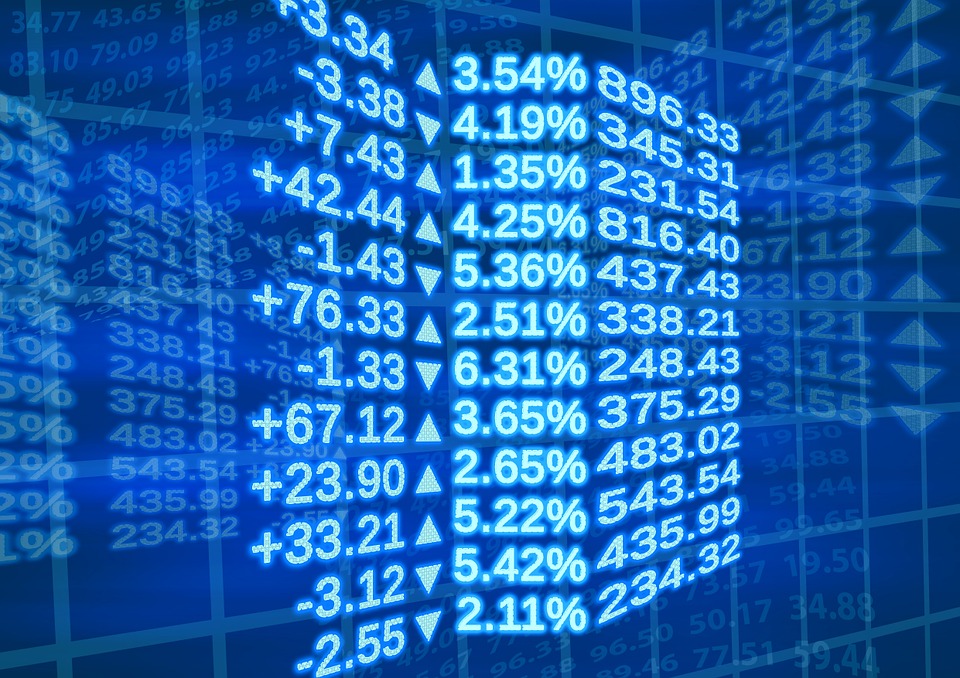US stock indexes get mixed reactions due to volatile markets

- Country:
- United States
The Dow Jones Industrial index fell on Monday as shares of the world's largest planemaker tumbled after a second deadly crash in just five months, but a jump in technology stocks helped cap some losses and lift the broader markets. Boeing Co, the best performing Dow component this year by a wide margin, tumbled 10.7 per cent and was on pace for its worst day in nearly two decades after many airlines grounded the company's new 737 MAX 8 passenger jet.
American Airlines Group Inc, Southwest Airlines Co and JetBlue Airways Corp were trading down between 0.3 per cent and 2.5 per cent. Their losses pushed the Dow Jones Airlines index 0.47 per cent lower.
"Boeing without any question is going to be the theme for the Dow index, given its enormous weighting, but I don't see a spillover to any other indexes except airlines," said Randy Frederick, vice president of trading and derivatives for Charles Schwab in Austin, Texas. The high-flying technology sector rose 1.34 per cent, the most among the 10 major S&P sectors trading higher.
Apple Inc rose 2.3 per cent, and was the biggest boost to the benchmark S&P 500 and Nasdaq indexes after Bank of America Merrill Lynch upgraded the iPhone maker's shares to "buy" from "neutral". Other marquee names also rose — Microsoft Corp, Facebook Inc and Amazon.com Inc gained between 1.2 and 2.3 per cent.
Markets earlier shrugged off data which showed U.S. retail sales unexpectedly rose in January, lifted by an increase in purchases of building materials and discretionary spending, but receipts in December were much weaker than initially thought. This comes on the heels of data from last week that showed U.S. employment growth almost stalled in February, which added to global growth fears that were already fanned by a sharp fall in China's exports and as the European Central Bank slashed growth forecasts for the region.
The S&P 500 index ended the week 2.2 per cent lower, its biggest weekly decline since the market tumbled at the end of 2018, weighed by concerns of a slowing economy. The benchmark index is now about 6 per cent away from its record high hit on Sept. 20. At 9:50 a.m. ET the Dow Jones Industrial Average was down 122.51 points, or 0.48 per cent, at 25,327.73. The S&P 500 was up 14.92 points, or 0.54 per cent, at 2,757.99 and the Nasdaq Composite was up 67.46 points, or 0.91 per cent, at 7,475.60.
The industrial sector fell 0.79 per cent and was the only S&P sector trading lower. In other news, President Donald Trump on Monday will ask lawmakers to hike spending for the military and the wall he wants to build on the U.S.-Mexico border and slash other programs in his 2020 budget.
The Republican president's proposal, slated for release at 11:30 a.m. (1530 GMT), is expected to be rejected by Congress. Advancing issues outnumbered decliners for a 2.62-to-1 ratio on the NYSE and a 2.08-to-1 ratio on the Nasdaq. The S&P index recorded 15 new 52-week highs and no new lows, while the Nasdaq recorded 22 new highs and 14 new lows.
(With inputs from agencies.)
- READ MORE ON:
- We Are the World
- World of Warships
- World record
- American Airlines
- Brussels Airlines
- United Airlines
- Donald Trump
- Donald Trump Jr.
- Presidency of Donald Trump
- The Pizza Company
- Noodles & Company
- Kjell & Company
- European Central Bank
- Central bank
- Federal Reserve System
- Ellis Island
- Mediterranean Shipping Company
- Business class
- RPG Maker
- Way Maker
ALSO READ
US STOCKS-S&P 500, Nasdaq choppy as higher bond yields weigh
US STOCKS-S&P 500, Nasdaq end sharply higher on soft inflation data, eyes on earnings
US STOCKS-Nasdaq set for higher open as fresh inflation data allays rate jitters
US STOCKS-S&P, Nasdaq rise as fresh inflation data allays rate fears
US STOCKS-S&P 500, Nasdaq end sharply higher on soft inflation data, eyes on earnings










